features
What to do with Christmas leftovers – 6 top tips to make the most of your food
05 Jan 2021
3m
If you’re anything like the Twisted team, wondering what to do with Christmas leftovers can be a real head-scratcher.
Sure, we all adore pigs in blankets, bread sauce and brandy butter. But a fridge load of slowly mouldering remains defines late December.
Fortunately, it doesn’t have to be like this.
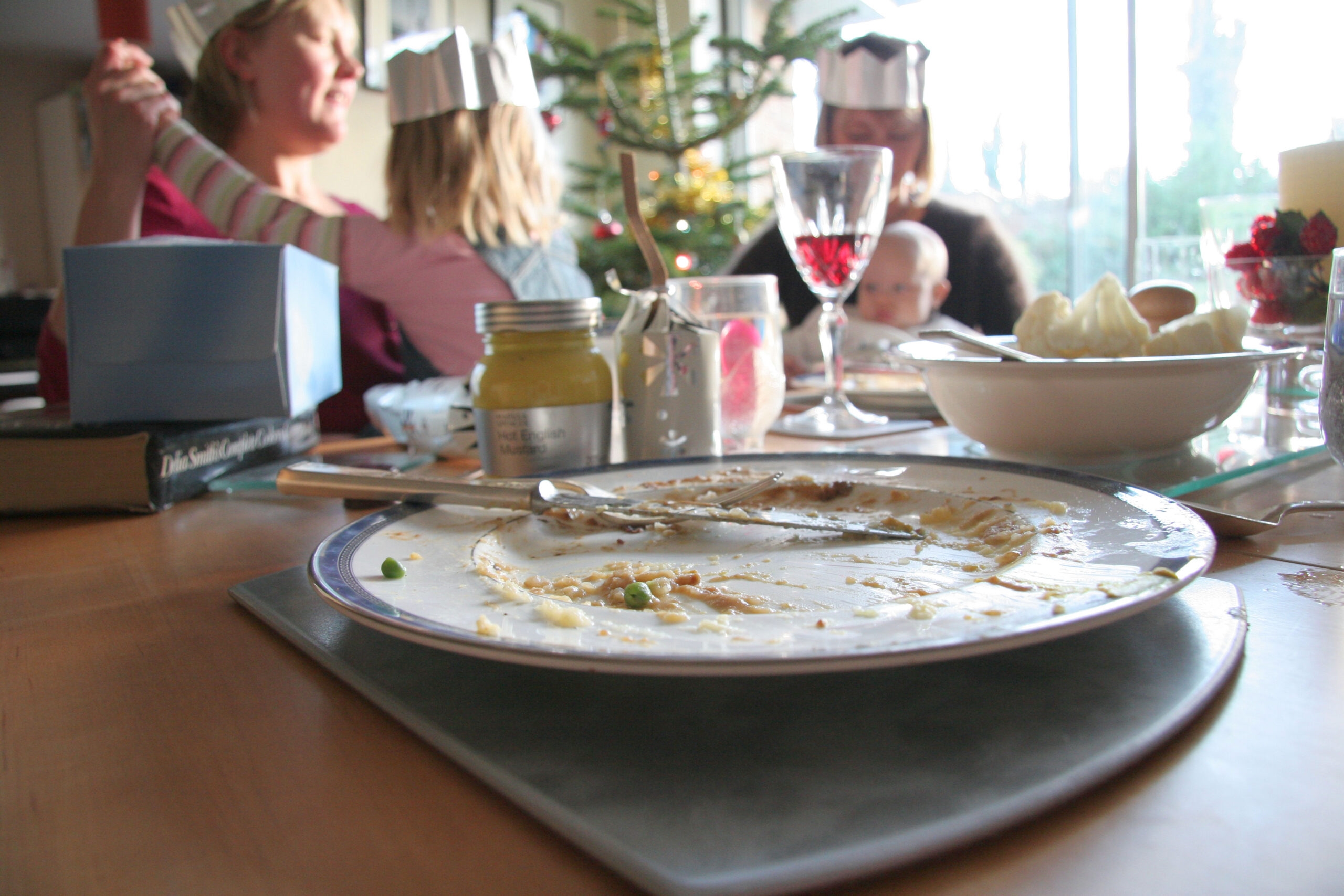 Dealing with Christmas leftovers can be tricky (Credit: Alamy/Gary Roebuck)
Dealing with Christmas leftovers can be tricky (Credit: Alamy/Gary Roebuck)
What to do with Christmas leftovers
To help you make lunch on December the 28th as exciting as possible, we’ve put together a few suggestions for making the most of your Christmas leftovers.
Whether you swear by turkey soup and Christmas dinner sandwiches, or just resent throwing out a green turkey leg, this list will have something for you.
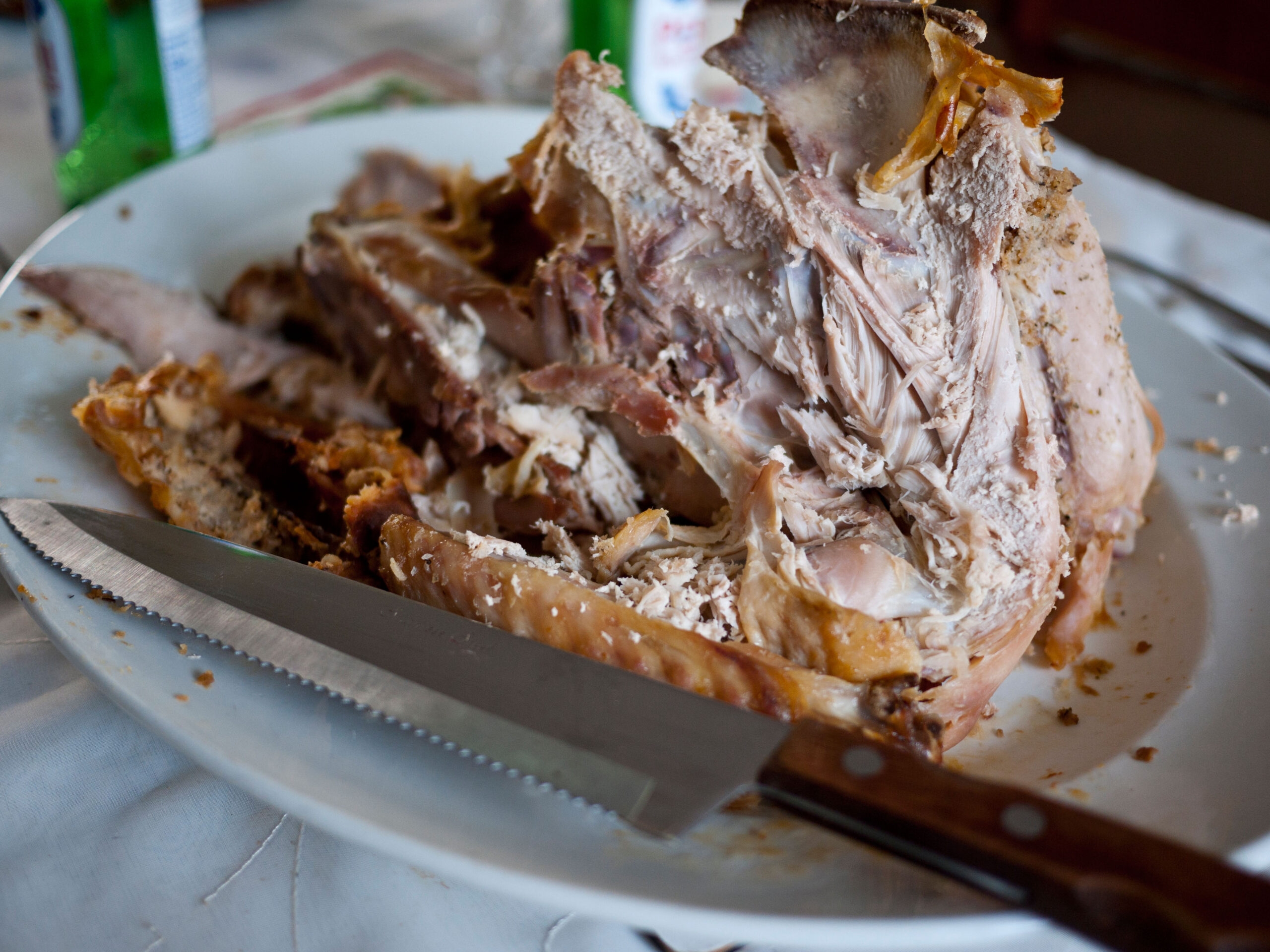 Correctly storing your turkey can help it go the extra mile (Credit: Alamy/jozef mikietyn)
Correctly storing your turkey can help it go the extra mile (Credit: Alamy/jozef mikietyn)
1. Storage is key
No matter how much we may wish it, Christmas food does not last forever. Fortunately, it is possible to postpone the inevitable.
Turkey and ham can both be frozen, and will subsequently be edible for months afterwards, but if they are not sealed effectively and transferred to the freezer, they should be kept no longer than 29 December.
Putting anything in airtight containers rather than keeping them in loosely clingfilmed bowls will definitely help to preserve them. It’s also a good idea to label everything with dates so you can track just how old your food may be.
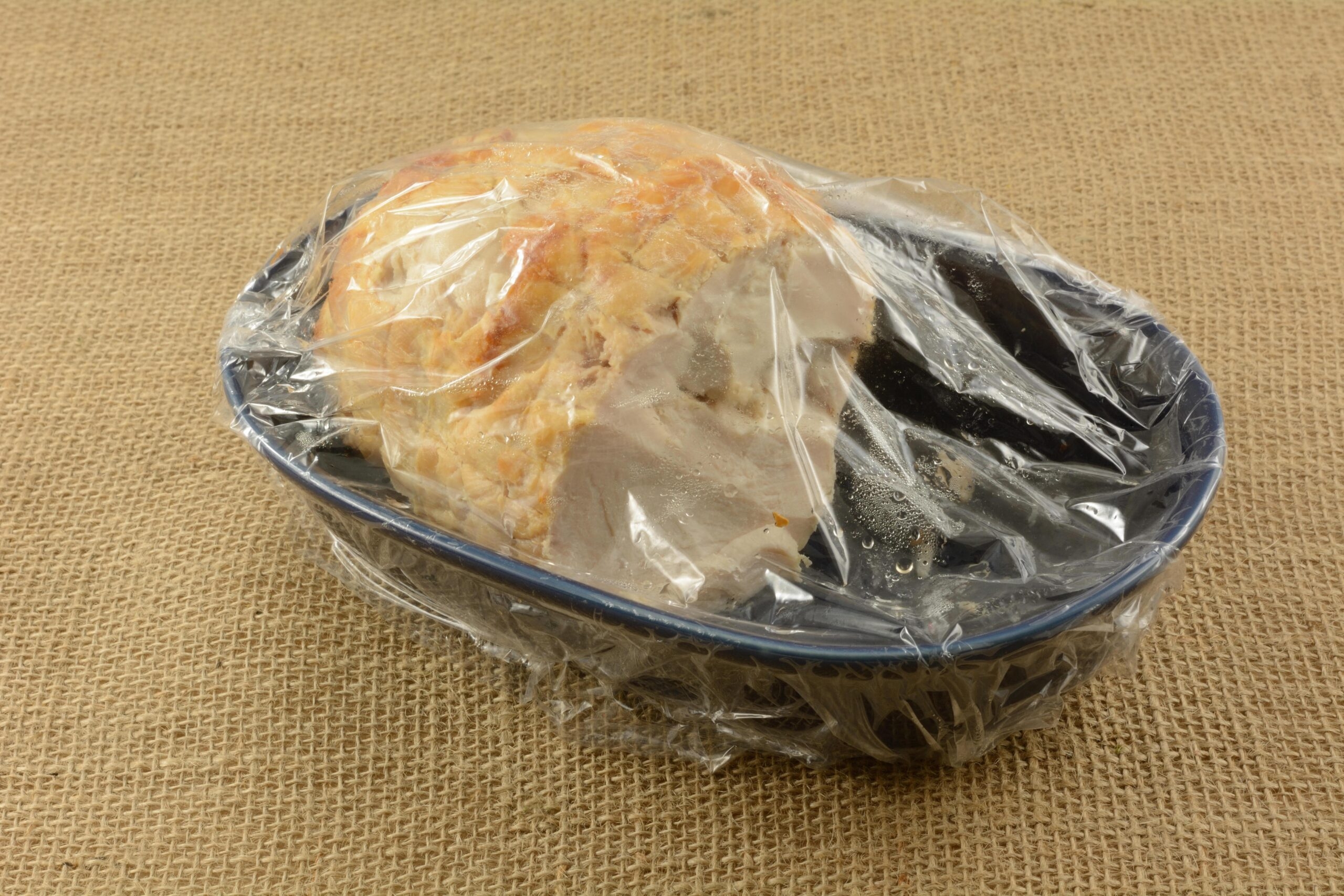 Some leftovers last longer than others (Credit: Alamy/D. Merrimon Crawford)
Some leftovers last longer than others (Credit: Alamy/D. Merrimon Crawford)
2. Let it go
Unfortunately, however hard you try, all things eventually decay. Some things are affected more rapidly than others.
Fish and seafood should be kept for no more than two days, and exposed meat will last only a few days longer. It might be hard to say goodbye, but for the sake of your stomach, it’s best to give up the goose and other meaty morsels.
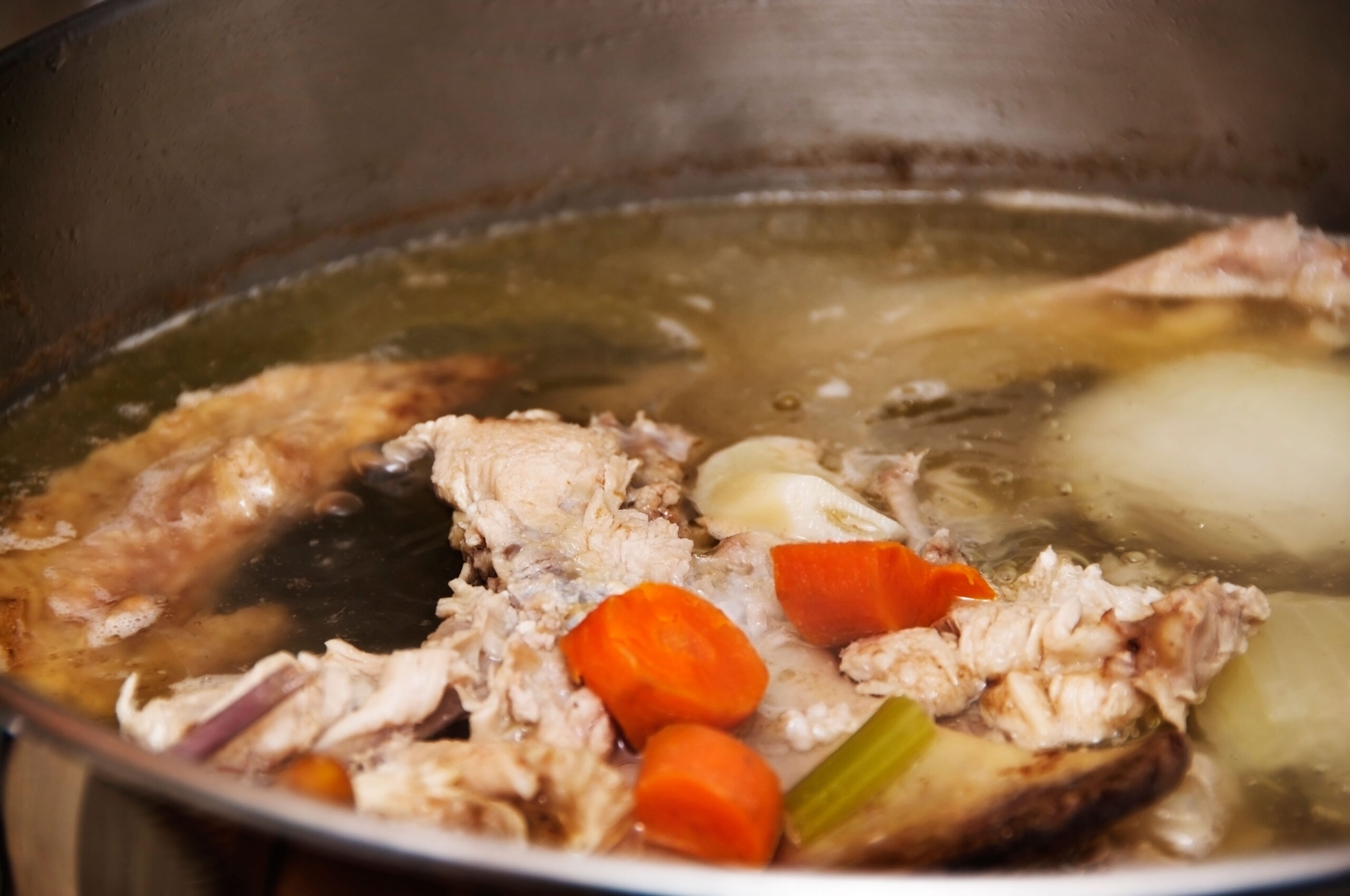 Turkey stock is a great way to use up leftovers (Credit: Alamy/Lynnette Peizer)
Turkey stock is a great way to use up leftovers (Credit: Alamy/Lynnette Peizer)
3. Stock up
It’s tempting to think that the skeletal remains of a once-proud turkey have served their purpose and belong in the bin. However, turkey carcasses provide a great opportunity to create a hearty stock, which can be frozen and used in a variety of dishes throughout the year.
Similarly, soups are a great way of using up leftover meat and veg, which can also be frozen to prolong Christmassy cooking.
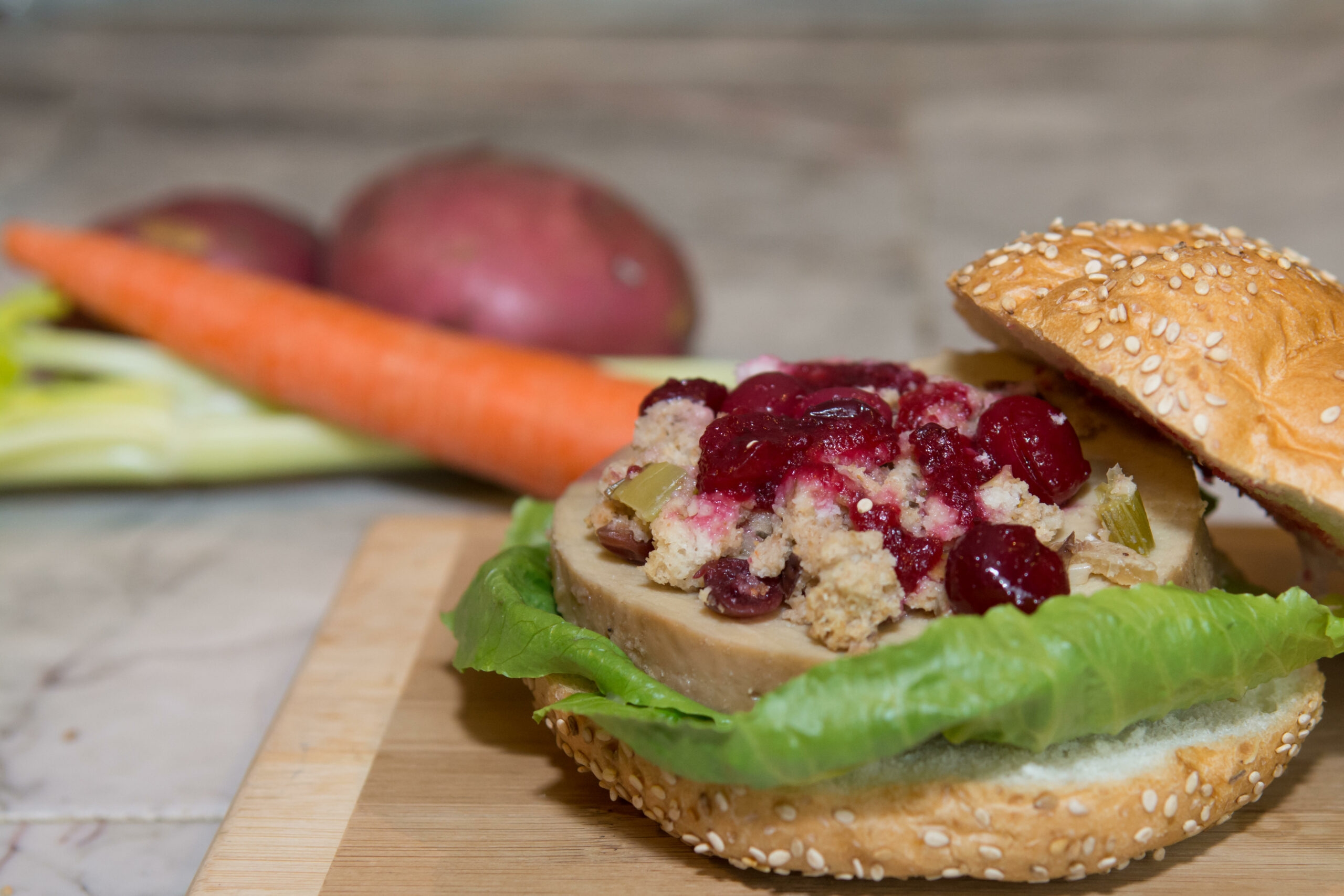 There are plenty of creative ways to use up leftovers (Credit: Alamy/Jason Ondreicka)
There are plenty of creative ways to use up leftovers (Credit: Alamy/Jason Ondreicka)
4. Think outside the box
The sheer variety of ingredients that many people have left after a Christmas dinner presents a great opportunity for inventive and experimental cooking.
All over the internet, recipes for wacky creations such as stilton, walnut and cranberry croquettes and cheese board mac and cheese can be found, meaning that there’s plenty of inspiration out there for energetic chefs.
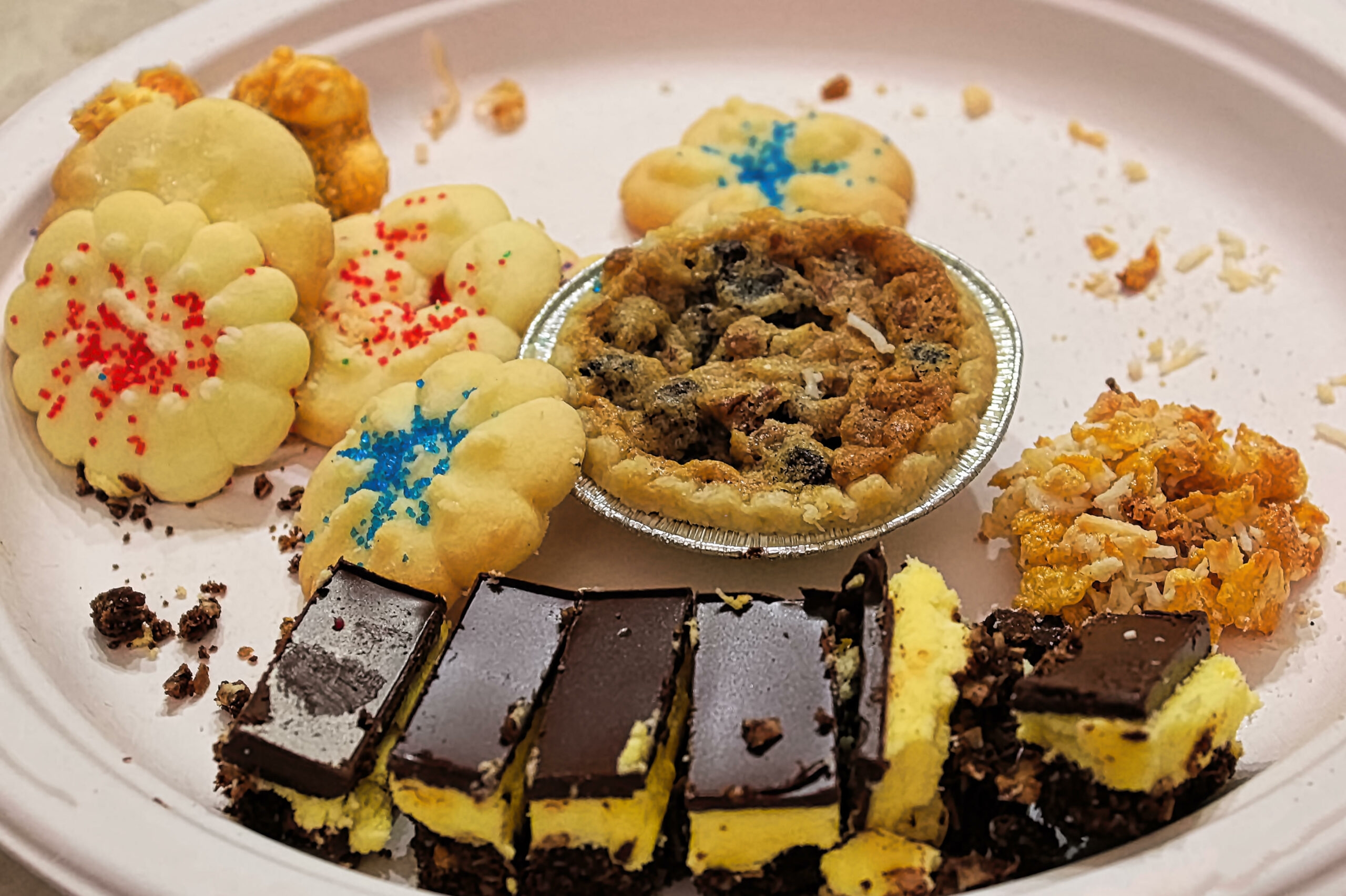 There are plenty of creative uses for leftover Christmas desserts (Credit: Alamy/Amelia Martin)
There are plenty of creative uses for leftover Christmas desserts (Credit: Alamy/Amelia Martin)
5. Rework your puds
With so much savoury choice, it’s easy to neglect Christmas desserts. Sweet treats provide plenty of opportunity for experimentation.
Leftover panettone, for instance, can be used to make exceptional French toast. Those who enjoy Christmas pudding can recycle the traditional staple into a cheesecake to create something festive but sophisticated. The possibilities for innovation are limitless with festive desserts.
6. Invest in some extras
Classic leftover recipes like turkey curry deliver bags of flavour and can provide welcome relief to the stodgy Christmas staples. However, in order to enjoy these recipes to the full, it is worth planning ahead.
Stocking your larder with sauces, pastes and rice, as well as a variety of spices, will mean that you can prepare cracking Christmas curries, without compromising on flavour.
Christmas can often leave us feeling lethargic and completely devoid of the desire for outside-the-box culinary thinking. However, following a few of these tips should help you get in a great position for making the most out of your surplus supplies.
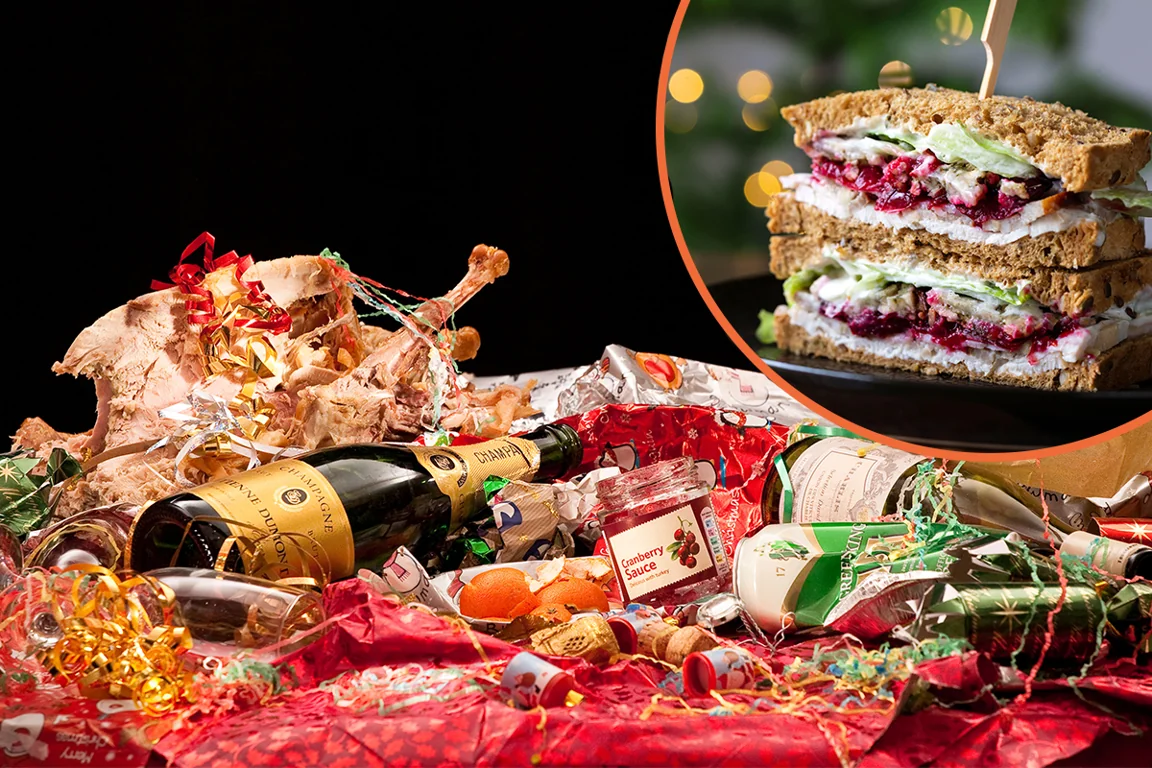


.jpg_dU0O4c?tr=w-2560,f-webp,q-70)